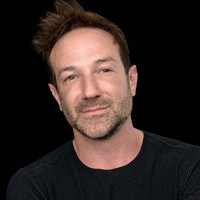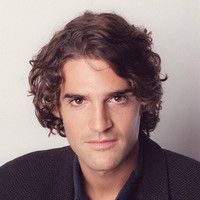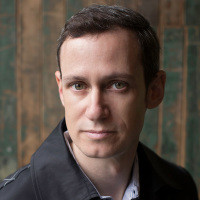The Assassination: The Reporters’ Story
Breaking the news of the Kennedy assassination, an oral history:
Wicker: [In the press room] we received an account from Julian Reed, a staff assistant, of Mrs. John Connally’s recollection of the shooting…. The doctors had hardly left before Hawks came in and told us Mr. Johnson would be sworn in immediately at the airport. We dashed for the press buses, still parked outside. Many a campaign had taught me something about press buses and I ran a little harder, got there first, and went to the wide rear seat. That is the best place on a bus to open up a typewriter and get some work done.

















